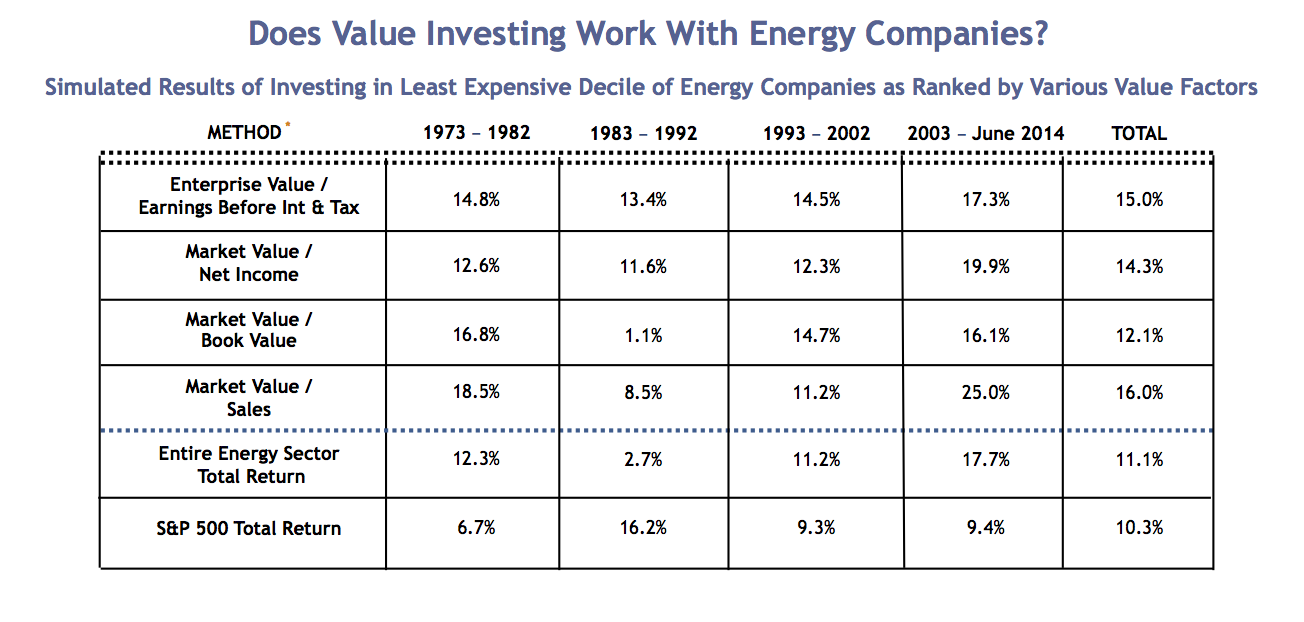If the thought of purchasing the stock market frightens you, you are not alone. People with extremely restricted experience in stock investing are either horrified by horror stories of the average investor losing 50% of their portfolio valuefor example, in the two bearishness that have actually already occurred in this millennium or are seduced by "hot ideas" that bear the promise of big benefits however hardly ever settle.
The truth is that purchasing the stock exchange carries risk, but when approached in a disciplined way, it is kamerondrzj177.godaddysites.com/f/what-is-a-bond---vanguard one of the most efficient methods to develop one's net worth. While the value of one's home usually represents many of the net worth of the average individual, the majority of the wealthy and extremely abundant usually have most of their wealth bought stocks.
Key Takeaways Stocks, or shares of a business, represent ownership equity in the firm, which offer shareholders voting rights along with a residual claim on corporate earnings in the type of capital gains and dividends. Stock markets are where private and institutional investors come together to buy and sell shares in a public location.

A private or entity that owns 100,000 shares of a business with one million exceptional shares would have a 10% ownership stake in it. Most business have exceptional shares that face the millions or billions. Typical and Preferred Stock While there are 2 primary kinds of stockcommon and chosenthe term "equities" is synonymous with typical shares, as their combined market price and trading volumes are numerous magnitudes bigger than that of favored shares.
Preferred shares are so called since they have choice over the typical shares in a company to get dividends along with assets in case of a liquidation. Typical stock can be further categorized in terms of their voting rights. While the standard facility of common shares is that they must have equal ballot rightsone vote per share heldsome business have double or several classes of stock with different ballot rights connected to each class.